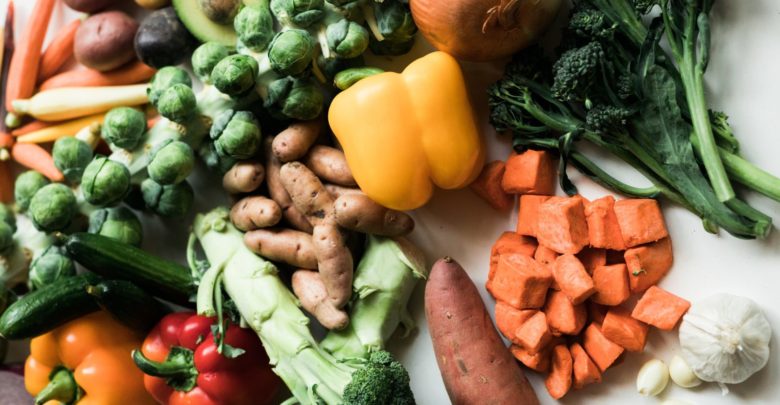 Supplied
SuppliedFor many students, university is the first time they live on their own, do their own grocery shopping, and make their own meals. There’s a lot of pressure that comes with that new responsibility. But, as food prices keep rising, students’ anxiety surrounding food insecurity have only worsened. The Campus Food Bank (CFB) has seen a significant increase in students needing support. As more people are struggling to afford and access food, over 50 billion tons of food unnecessarily goes to waste every year. This food could be feeding those who need it, yet the Government of Canada isn’t doing enough to combat this.
Food waste happens in several different levels of production and consumption, but is most easily divided into the consumer (households and individuals) and the producer (food production and stores). As consumers, we can always reduce our food waste. But, we have little control over the food waste caused by producers. This responsibility falls to the federal government. Yet, there is little to no legal regulation over the amount of food unnecessarily wasted by companies.
While 47 per cent of food waste happens at the household level, production and distribution contribute to this issue significantly. That means that 53 per cent of food waste is happening before food even reaches Canadian households. This is especially bad in a time when so many are struggling to put food on the table at all. The federal government needs to do more to make sure food is reaching Canadian households — not landfills.
Unnecessary food waste happens at every step. Harvesting, transporting, storing, processing, packaging, and distribution all see food waste at varying unnecessarily levels. A contributing factor in most of these is the cosmetic standards of food. We can still safely consume food that is misshapen, the wrong size, or has blemishes. Yet, companies are often throwing away imperfect food. The federal government has done little beyond simply encouraging companies to act differently. While this is a nice gesture, that isn’t enough.
The federal government has set a target of cutting food waste in half by 2030. Their current plan seems to include research, tax credits, marketing approaches, and encouraging innovation. All of this is great, but we need direct action. Research only does so much when we already know what the problem is — lack of regulation for producers. If the government is serious about reducing food waste and helping Canadians, it’s time to take serious action.
In 2015, France made it illegal for supermarkets to throw out food near the expiration date that is still safe for eating. Additionally, they put incentives in place for those same supermarkets to donate that food to those who need it. By donating that food to non-governmental organizations, supermarkets can get a tax break. These efforts have found relative success.
It can be done. It has been done. So why aren’t we doing it?
The campus food bank is struggling to meet the needs of the increasing number of students looking for support. They make difficult decisions surrounding equitable access to food, having to decide whether to reduce visit frequencies or maximums. Food banks shouldn’t have to be making these decisions, but they are forced to.
The federal government’s inaction on food waste is hurting Canadians. Not addressing the issue of food waste in a direct way is unacceptable. We could follow in the footsteps of France and put legislation in place to keep supermarkets from disposing of edible food. We could even take it a step further and include legislation to tackle similar problems in the earlier stages of food production.
To have so much food loss during a time when so many people are experiencing food insecurity is unacceptable. Canadians are shouldering the costs and impacts of food waste, while the clear culprits get away scot-free. Something needs to change, and it’s up to the Government of Canada to do it.




